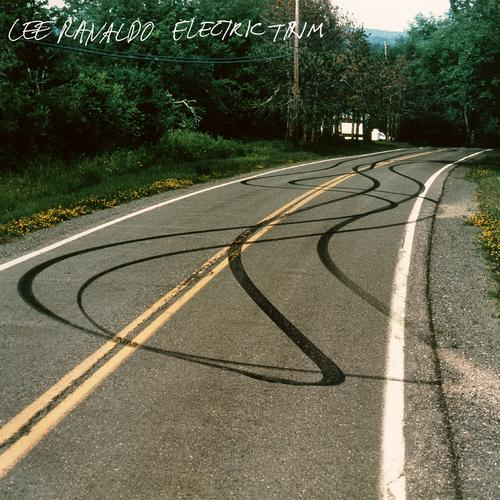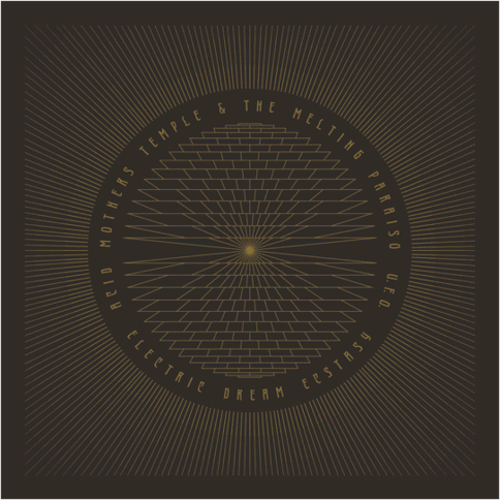 I remember watching Diamanda Galás on The Tube, back when the programme excelled in pulling things from everywhere before the A&R peeps ruined it all with their flagship playlists.
I remember watching Diamanda Galás on The Tube, back when the programme excelled in pulling things from everywhere before the A&R peeps ruined it all with their flagship playlists.
Her impressive oscillating dynamics and gothic appeal totally hooked me in, had me rushing to the nearest Our Price to purchase Saint Of The Pit. The intensity of the original artwork holding true to its contents, her back-combed black scribble of hair spidering the blood-red swirl of the backdrop; that accusative stare of hers from alabaster skin arrestingly burnt into the retina.
It was plain to see from reading the poisoned blood of the lyrics that the overwhelming negatives of the HIV/AIDS epidemic were at the forefront, that misinformed scaremongery that condemned thousands to a lonely and socially shunned death. The same disease her brother (who this album is dedicated to) sadly succumbed to.
Nineteenth century poems handed to her by her dying brother became the album’s backbone, his death the album’s impetus: Charles Baudelaire, Gérard de Nerval and Tristan Corbière hold an eerie candle-lit air to the subject matter. A sense of tragedy wrapping darkly around like the smoke of an extinguished flame. As cathartic as it’s disturbing, this, the second of the Masque Of The Red Death trilogy excels, speaks out against violence, murder, injustice — something we as a civilised species like to feel far removed from, but continue to be blighted by.“La Trezième Revient”’s shadowy chromatics nail it early on. A drowning dirge akin to Dr Phibes’ horror organ. All skull-cast, wormy with ghostly tendrils, its carny-esque swirls exploding into this magnificent gothic uprise, corroding slowly back into the darkness. The chattering typist teeth of “E Ξeaóy Me = Deliver Me” drone cast to Galás’s octave-defying vocals, FM Einheit’s chain trashing adding extra voltage to its cobra-like architectures. The extra sizzle in the sonics is noticeable, the fidelity of her accusing voice bubbling under, dimensionally dining and electronically skewered, leaking possessed to monstrous peels of percussion that finally descend into demented loopage.
The chilling “L’Héautontimorouménos (Self-Tormentor)” is an operatic exorcism that’s all Baudelaire-barbed, scratching under your skin, skilfully revisiting ’82s Litanies of Satan in whirling wordlessness. I remember listening to this late one wintry night, a tree’s branches tapping the window as the room filled with her multiple voices — totally freaked me out at the time, and the b-side continued to weevil the evil vibes further. The staked bone piano harshness of “Artémis” and its fierce French vocals are oppressively dramatic, relentlessly daggering, as if black wasn’t black enough. A fitting precursor to the twelve-minute spectacular that’s “Cris D’Aveugle”, where Galás floods biblical with a blood-curdling scream. A scary sustained experience swimming into operatic threat as her voice vengefully circles the organ’s dragging pulse.Diamanda has a voice that envelops you with slamming percussive thuds, continually pulling you deeper within its black folding wings. Her vocal dynamics are astounding — formidable. Fuelled with ill-intention, they fragment, phlegm-thrown and octave-stabbed, ulcerating in siren-screeched wildness and blurring multiples. An unholy contract, burning to psychotic laughter. A terrifying tour de force softening on a drone’s dying breath.
Wrong doers beware!!!
-Michael Rodham-Heaps-



